
In order to further optimize the undergraduate training plan and listen to the advanced experience and practices of sister law schools, the Law School held an external expert symposium on the revision of the undergraduate training plan at 9:00 am on July 18, 2022. The off-university experts who were invited to this symposium were Professor Zhang Jianwen, Director of the Academic Affairs Office of Southwest University of Political Science and Law, Professor Zhang Yan, Vice Dean of the Law School of Renmin University of China, Professor Ma Jinfang, Vice Dean of the Law School of East China University of Political Science and Law, Professor Pan Weijiang, Vice Dean of the Law School of Beihang University, Professor Song Ling, Vice Dean of the Law School of Minzu University of China, Associate Dean of the Law School of Nanjing University, Associate Dean of the Law School of China University of Political Science and Law, Associate Professor Zhang Yan Tian, Assistant Professor of the Law School of Peking University, Assistant Dean of the Law School of Jilin University, and Professor Liu Xiaolin, Vice Dean of the Law. Professors Yuan Zhijie, Vice Dean of the Law School, He Jing, Undergraduate Academic Secretary, and Zhong Lili also participated in the symposium. The symposium was presided over by Associate Professor Ma Jianyin.
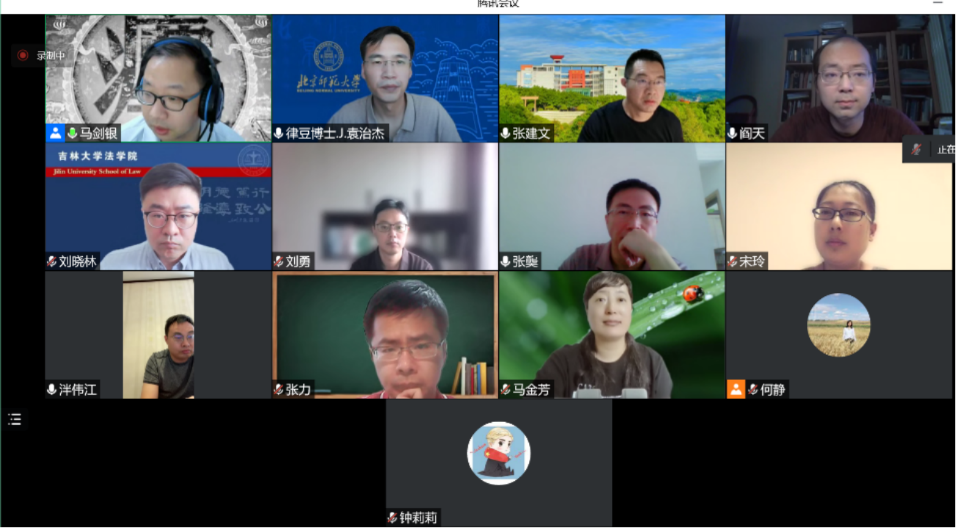
Firstly, Professor Yuan Zhijie extended a warm welcome to all the experts in attendance and expressed his sincere appreciation to everyone for their support of the undergraduate talent cultivation efforts at the Beijing Normal University Law School. He encouraged the experts to speak candidly, share their advanced experiences and practices, and offer a wealth of suggestions and recommendations for revision.
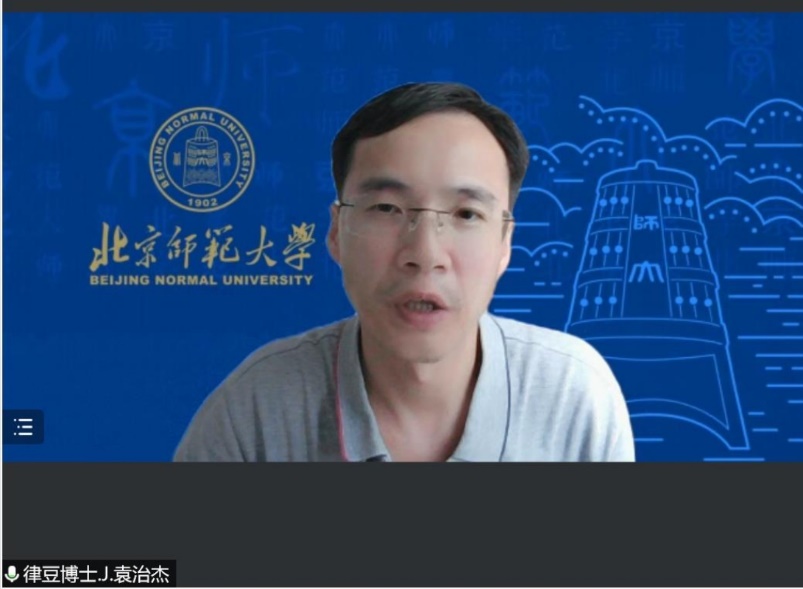
Secondly, Associate Professor Ma Jianyin elaborated in detail on the background, guiding ideology, and revision explanation of the undergraduate training plan of the Law School.
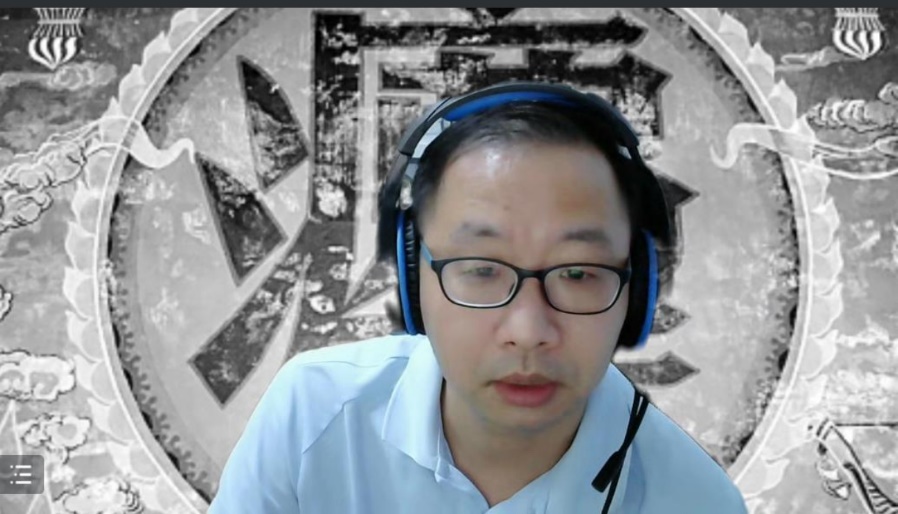
Following this, the attending experts engaged in a lively discussion regarding the draft of the undergraduate training plan for the Law School.
Professor Zhang Jianwen, Director of the Academic Affairs Office at Southwest University of Political Science and Law, offered valuable insights. He contributed suggestions pertaining to the delineation of talent training objectives, the articulation of the academic system, the configuration of specific courses, and the integration of undergraduate professional internships within the training plan.

Professor Zhang Yan, Vice Dean of the Law School of Renmin University of China, pointed out that at present, the requirement for credits is slightly higher, which can be appropriately lowered. On the premise of complying with the requirements of the Ministry of Education, the curriculum can enhance the construction of practical courses, and shared the experience of the Law School of Renmin University in labor education, the construction of dual degree experimental classes and other aspects.
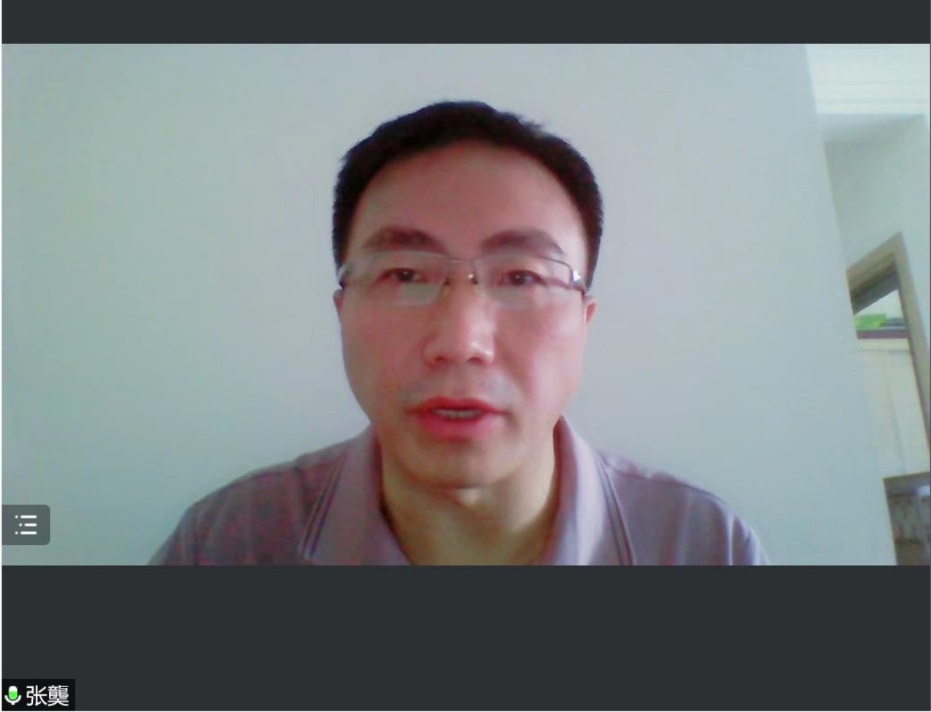
Professor Ma Jinfang, the Associate Dean of the School of Law at East China University of Political Science and Law, shared the esteemed experience of East China University of Political Science and Law. She offered a range of suggestions across several dimensions, including refining course modules, recalibrating the balance between compulsory and elective courses, establishing credit allocations for criminal law courses, and transitioning teacher literacy courses into practical module-based instruction.

Professor Pan Weijiang, the Associate Dean of the Law School of Beihang University, expressed his view that the current training plan is overly credit-intensive. He advocated for a judicious reduction in credits to afford students greater flexibility and discretionary time. Additionally, Professor Pan highlighted the experience and proven practices of the Law School of Beihang University, particularly in the realms of professional internships and compulsory course offerings, sharing insights that could benefit the broader discussion on curriculum design.

Professor Song Ling, Vice Dean of the Law School of Minzu University of China, introduced the undergraduate and experimental class settings of the Law School of Minzu University of China, and provided suggestions on the core course settings, academic paper development, and micro major settings.

Associate Professor Liu Yong, the Associate Dean of the Law School at Nanjing University, presented an overview of the undergraduate training landscape at Nanjing University Law School. He proposed a considered increase in the credit allocation for legal professional ethics, suggested revising the titles of certain courses to better reflect their content, and advocated for a strategic integration of select courses within the undergraduate program.
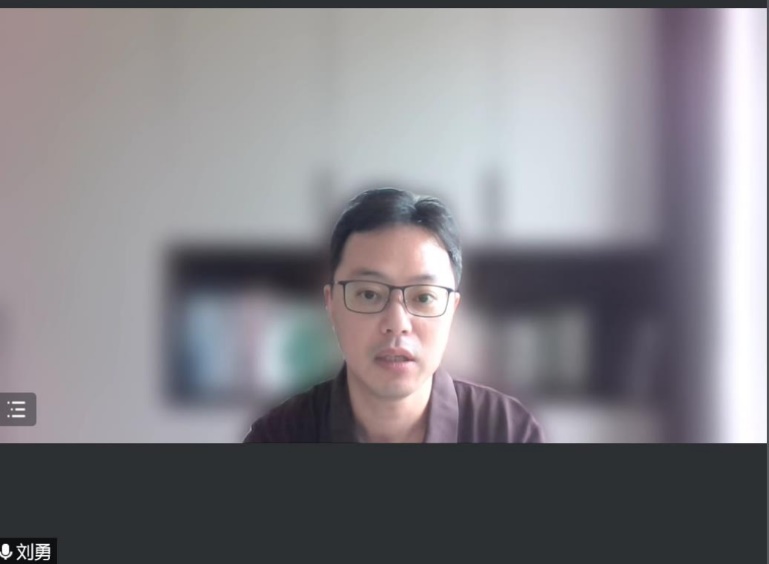
Associate Professor Zhang Li, Vice Dean of the Law School of China University of Political Science and Law, introduced the situation of general education courses for undergraduate students at the university and suggested strengthening the construction of practical teaching courses and foreign-related legal courses, and innovating micro professional courses under existing resource conditions.
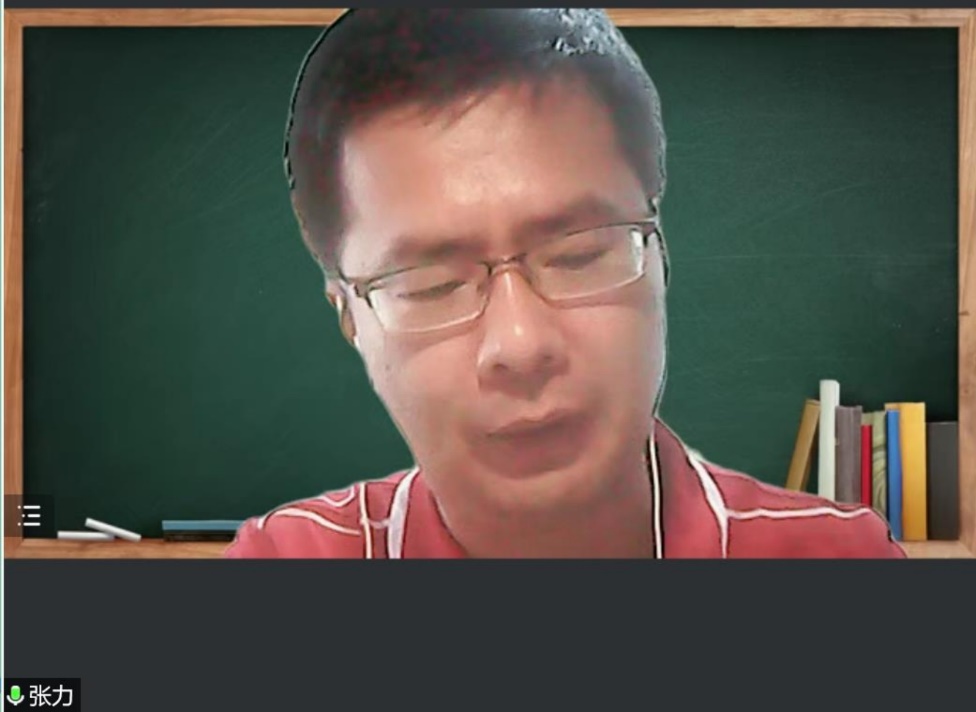
Yan Tian, Assistant Professor and the Dean's Assistant at Peking University Law School, recounted the undergraduate training experience at Peking University Law School and provided insights into the 5-year dual-degree program in collaboration with Hong Kong University. He noted that the existing credit requirements for the training plan are excessively high, which may impose an undue academic burden on students. Yan suggested that, while maintaining the current number of courses, the credit allocation for individual courses could be reduced. He also highlighted the value of micro-specialization and proposed incorporating micro-specialization thesis training to enhance students' employability and competitive edge in the job market.
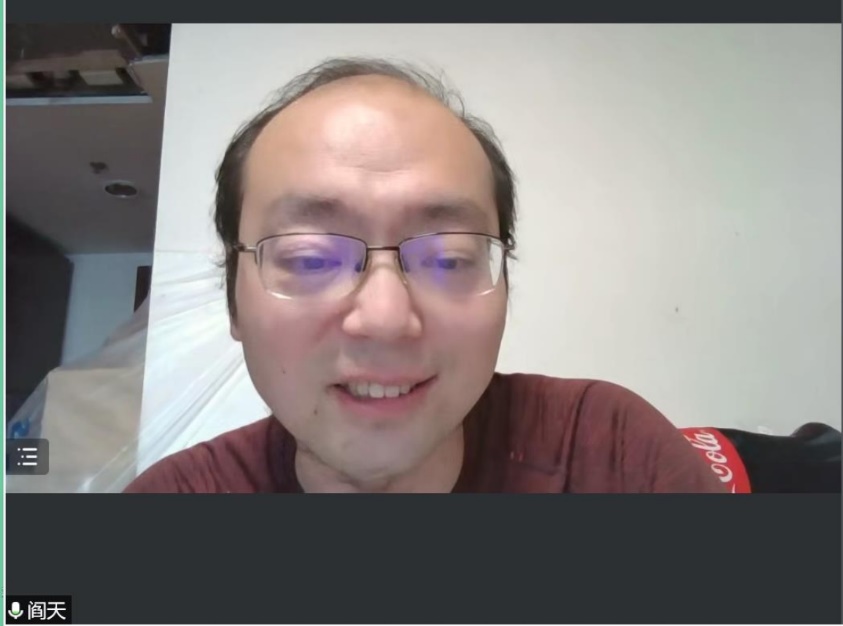
In the final segment of the meeting, the attending experts engaged in a thorough discussion regarding students' motivation to accumulate credits, the establishment of dual-degree programs, and the development of unique course offerings. External experts contributed invaluable insights and recommendations for the refinement of the undergraduate training plan. Moving forward, the school is committed to further refining and enhancing the undergraduate curriculum, aligning it with the guidelines set forth by the Ministry of Education and the institutional objectives, while also considering the specific context of the college. The aim is to ensure that the revised plan is not only pragmatic but also encapsulates the strengths and distinctiveness of the Beijing Normal University Law School.
